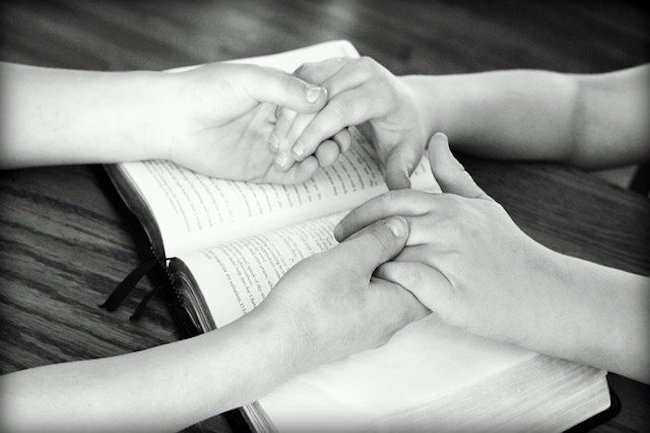The Christian Paradox By Tim Jones for American Thinker
The Word became flesh and made his dwelling among us. We have seen his glory, the glory of the one and only Son, who came from the Father, full of grace and truth. (John 1:14)
It’s been said that the most important event in human history was the birth of Christ. When you examine this claim with an open mind, there can be no denying it, as there is clearly no event that has reverberated throughout the world that effected so many for so long by altering the course of history forever.
In a book written by cultural historian Christopher Dawson, Christianity and the New Age, he examines how Christ and Christianity constitute the foundation of the modern era, that without Christianity there never would have been a Western civilization in the first place that led to life as we know it today in the western world: democratic, technological, scientific, and progressive (in the sense that everything is continuously being improved upon not just in material ways but also spiritually towards a predestined and perfect end of time).
Dawson also identifies a paradox how Christianity in many ways led to its own downfall from medieval Christendom to the secular societies of today where atheism and agnosticism dominate public life where religious practice was once an around-the-clock everyday obligation. The Amish community that exists today is a good example of what life looked like before the modern era when everything revolved around the Bible and where being a better person or building a better life is intrinsic to faith, not something to be gained through material world.
As the modern world evolved, Christianity and spirituality slowly receded and became secondary to the triumph of materialism and secularism throughout the western world as a result of the scientific and industrial revolutions. In another book by Brad Gregory, The Unintended Reformation: How a Religious Revolution Secularized Society, the beginning of the end of Christianity as first and foremost in everyone’s life was the fracturing of a unified Christian world that was led by Catholic Rome and its popes when Martin Luther unknowingly helped pave the way to making religion secondary in people’s lives. It was the Reformation that led to Christianity becoming just an optional lifestyle choice when the Church split with itself, then split again and again into multiple denominations, until it became so watered down and so many “flavors” to choose from no one bothered with it anymore. Everyone became more interested in pursuing the good things in this life and this world rather than the next life and the afterworld. From Christianity and the New Age:




